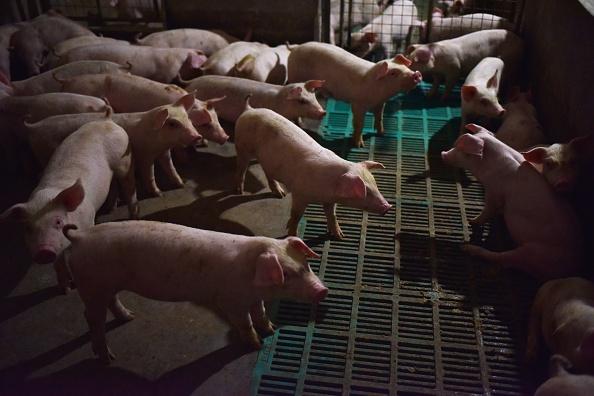African swine fever (ASF), a highly contagious and often fatal disease that affects domestic pigs and wild boars, has infected scores of pigs in four northeastern provinces of China, which is the world’s largest pork producer.
The virus hadn’t previously been detected in East Asia. While ASF doesn’t harm humans, and there’s no known health risk from direct contact with diseased animals or from eating food made from infected animals, the disease can spread rapidly and has the potential to severely damage China’s domestic pork industry.




